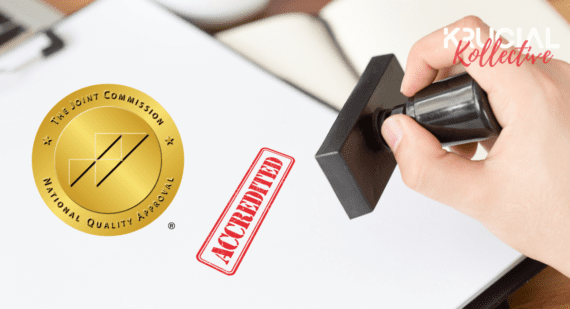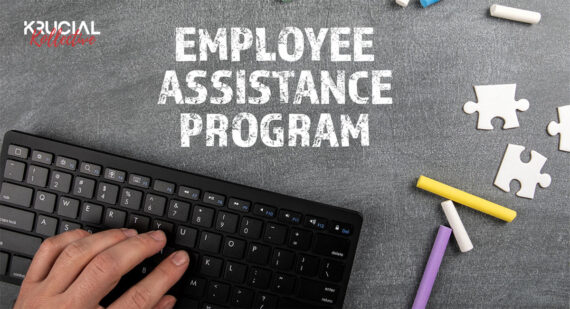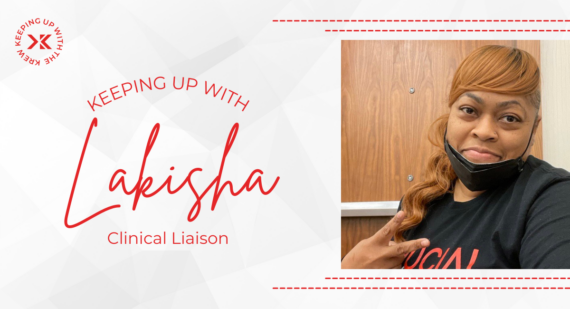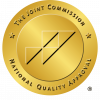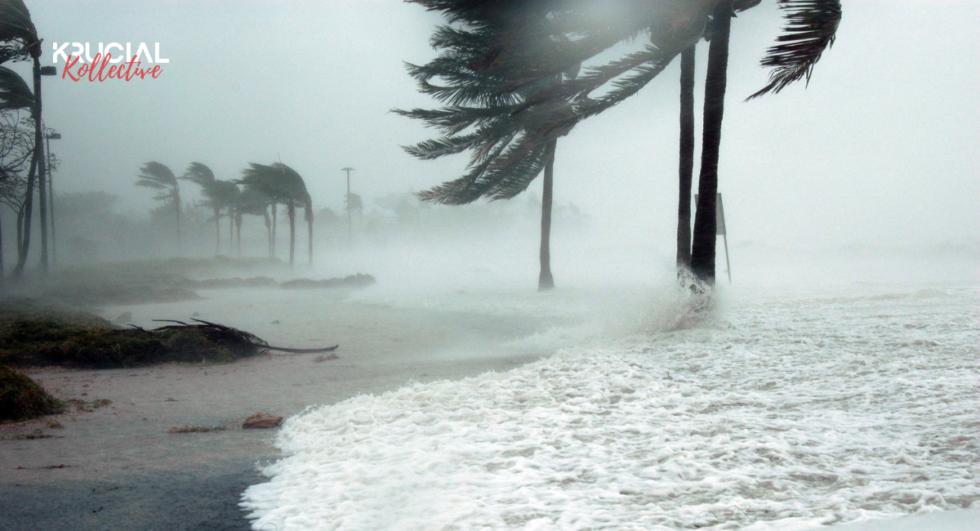
Lessons Learned from Hurricane Operations: Krucial Rapid Response’s Perspective
By: Maria Blong
On August 23, 2005, Hurricane Katrina made landfall along the Gulf of Mexico, causing an estimated $125 billion in damages. In total, the infamous Category 5 storm displaced more than 1 million people and caused roughly 2,000 deaths. (History)
Looking back at this historic event, we can and should apply lessons learned for individual and community preparedness. Shelters were in high demand across Alabama, Mississippi, and Louisiana, but unfortunately, these resources could not keep pace with the high demand. Additionally, Mass Care support was limited with existing resources insufficient to support the high volume of displaced survivors seeking shelter and medical assistance. (Shelter and Housing)
After Hurricane Katrina, many of the affected communities applied lessons learned and modified their existing response plans. Moreover, local officials, with a deeper understanding and appreciation for the importance of pre-event preparation, increasingly sought to develop integrated community partnerships with trusted partners from across government, non-profit, and the private sector to ensure their communities were ready to weather future storms.
Krucial Rapid Response is an industry leader in providing surge staffing for Mass Care and Emergency Response operations. Since our first sheltering operation in 2012 supporting Hurricane Sandy, we believe there are three best practices for community sheltering: adaptability, communication, and empathy. We’ve integrated each component into our processes, scaling our emergency models to meet the needs of our clients, but most importantly, to help the people impacted by these powerful storms.
Adaptability
Depending on the severity and speed of the hurricane, communities may have the time to establish shelter sites before the storm in order to best serve the people evacuating their homes in advance. We scale to meet the influx of displaced survivors with census-based staffing, meaning we are agile enough to increase staffing levels quickly to accommodate increasing needs and maintain adequate staffing ratios. Even with rapidly increasing needs, our reservist pool of more than 400,000 professionals allows Krucial to ensure that additional manpower is mobilized, deployed, and onsite within 48 hours.
In addition to offering a flexible staffing plan, we also expect our staff to be adaptable. The variety of patients and their individual needs require our experienced professionals to constantly solve problems and identify out-of-the-box solutions. For example, survivors who have been affected by the storm may forget to bring their prescribed medications with them when they evacuate. Our staff will collaborate with their pharmacy and doctor to reconcile their medications before a medical emergency occurs.
Communication
Running a shelter is demanding, driven by survivor populations, shelter staff, weather, local officials, and many other factors. Communication is incredibly important for all the staff at a shelter, including management, temporary employees, and volunteers. Krucial Rapid Response values regular communication that builds trust between the entire team, and consequently, provides Clinical Liaisons and Krucial Onsite Representatives (KORs) the ability to facilitate communication with leadership, ensuring that temporary staff is taken care of and not a source of concern for our clients.
Communication is also important because each of our partners approaches the management of hurricane shelter sites differently, with each one bringing specific SOPs and regulations. Working together beforehand and communicating expectations helps everyone execute efficiently during a disaster event.
Empathy
Shelters are generally used for people who have been displaced from their homes, are evacuating from a hurricane-affected area, or for people with disabilities or special medical needs. It’s important to realize that anyone in a shelter, they are living through a traumatic event with significant financial, physical, and mental health impacts. Having been involved with hurricane sheltering work for the last ten years, Krucial employees have the experience and empathy to appreciate what each survivor is going through and help them to get any necessary assistance. And since most shelter residents don’t require significant medical care, we know that the relationship between medical professionals and their patients often develops into deeper personal connections. Our medical staff are able to use their experience and empathy to provide survivors with the best care possible, helping them feel settled and safe.
Our experienced staff also practice therapeutic communication with their patients. They can sit down and offer emotional support or provide solutions to someone who is worried about their home or loved ones, allowing our staff to tend to the emotional and mental well-being of the person, in addition to any physical symptoms.
Hurricane Ida
During our most recent hurricane deployment in Louisiana, Hurricane Ida, Krucial staff employed all three of these key lessons.
Due to the intensity of Hurricane Ida, the power in New Orleans went out, driving thousands of people to escape to the northern part of the state, completely filling most hotels or finding refuge at a shelter. Krucial medical staff adapted to this dynamic by relocating to find lodging, with some employees sleeping on cots in gyms while others were forced to stay in hotels three hours away from the shelter.
Second, we had a massive influx of patients at our shelter sites. After hopping from place to place for three days, a group of approximately 200 geriatric patients were dropped off at one of Krucial’s shelter sites. The medical professionals at the site quickly adapted to help the acute care patients get food and medicine, while the KORs collaborated with our partners to help find geriatric beds. After immediate needs were met, our staff turned their attention to the mental health needs of the survivors, comforting them through the traumatic event until more permanent lodging was available.
The unpredictable nature of a hurricane response requires communities to deliberately prepare for Mass Care, Sheltering, and Evacuation operations. Krucial Rapid Response can help you prepare and execute with confidence, speed, quality, and experience. For inquiries regarding pre-event contracts with Krucial Rapid Response, please call 913-318-5157.
A special thank you to our Director of Clinical Operations, Donescia Hypolite, for taking the time to provide an in-depth look at Krucial Rapid Response’s shelter site practices.
Interested in contributing to the Krucial Kollective? Send us an e-mail at marketing@krucialrr.org and let us know what you would like to write!
Since our first sheltering operation in 2012 supporting Hurricane Sandy, we believe there are three best practices for community sheltering: adaptability, communication, and empathy.
